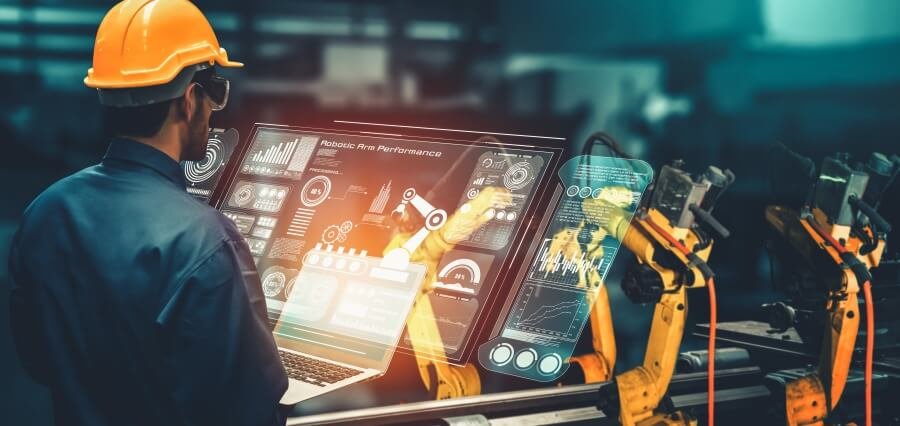Prime Highlights:
-
Construct Capital raises $300M to invest in defense and manufacturing industry technology innovations.
-
This capital is a reflection of growing institutional appetite for defense tech in periods of geopolitical tensions.
Key Facts:
-
Construct Capital’s third fund has commitments of $300M value.
-
This defense, manufacturing, and transportation tech-focused venture firm.
Key Background:
Construct Capital, founded by Rachel Holt and Dayna Grayson in 2020, has raised millions of dollars across the years. Building on the success of its previous $225 million second fund and a $75 million fund committed to later-stage investments, the firm’s new fund further confirms its growing control of the defense and manufacturing technology niches. Both of the niches have faced closer attention with increased geopolitical tensions and particularly in the aftermath of the U.S. government’s attempt to enhance domestic manufacturing capabilities.
Investors have increasingly been interested in investing in defense technology firms, reflecting the importance of making technology breakthroughs secure to national security. Hadrian, a company that is revolutionizing defense and aerospace manufacturing by producing with software solutions, is one of Construct’s headline investments. Veho, a company that specializes in optimizing last-mile e-commerce delivery, is another investment.
By targeting industries of increasing strategic importance, Construct Capital aims to become a dominant player in shaping the future of defense and manufacturing technologies. With the venture capital landscape changing to accommodate the new geopolitical landscape, the success of Construct is reflective of the increasing potential of the industry. Construct remains to fuel controversy with its emphasis on next-generation innovation as it emerges as a dominant player in national security-linked technological innovation and industrial change.





